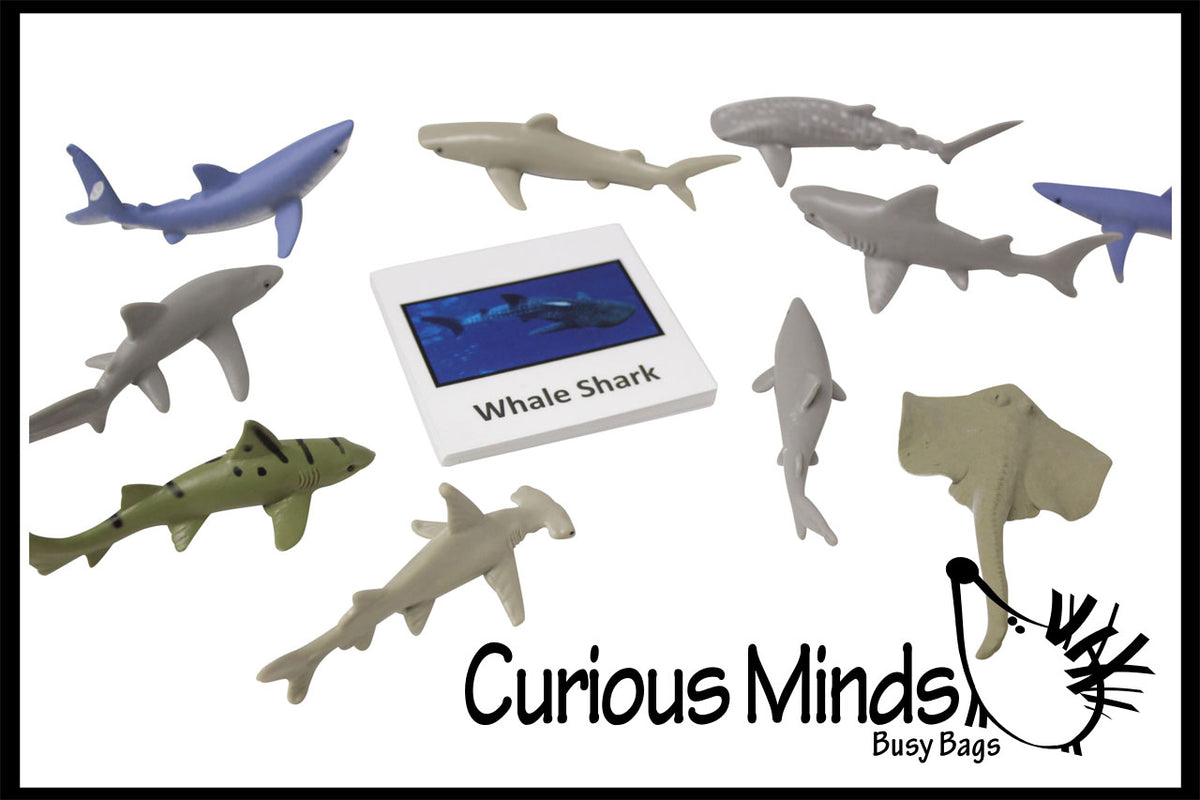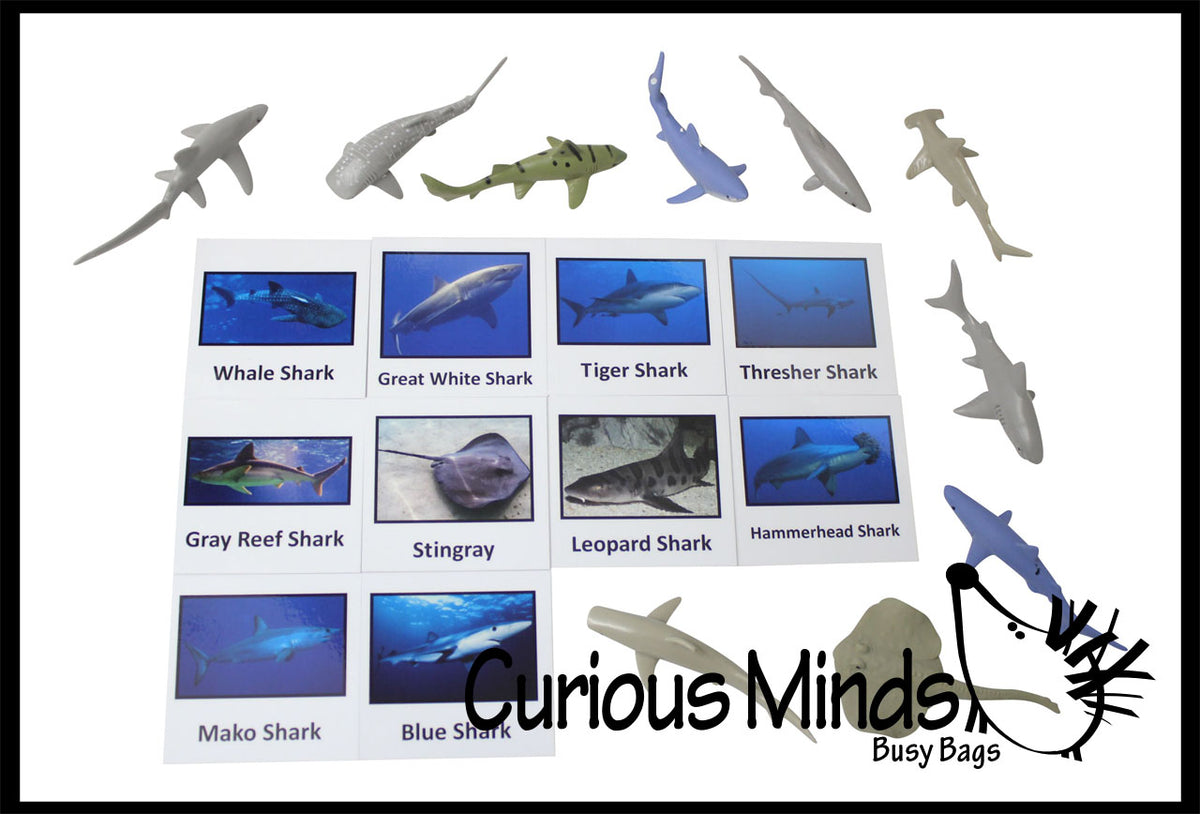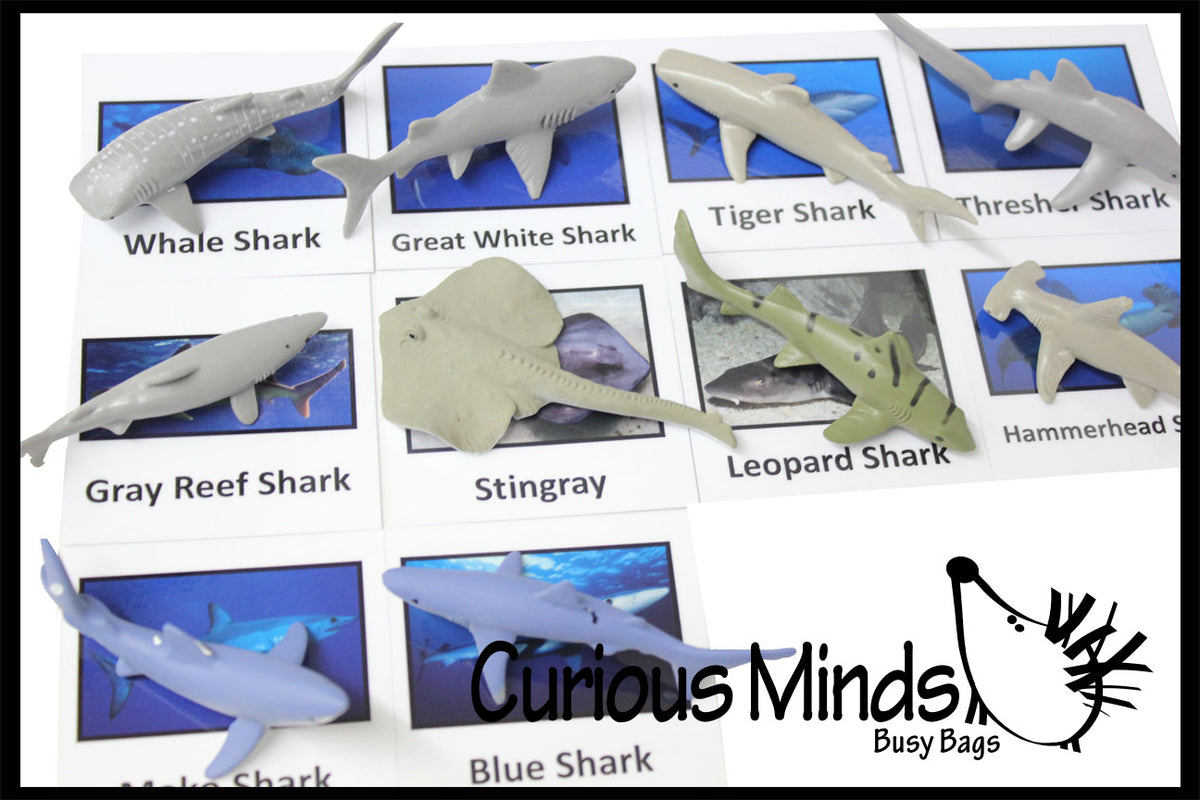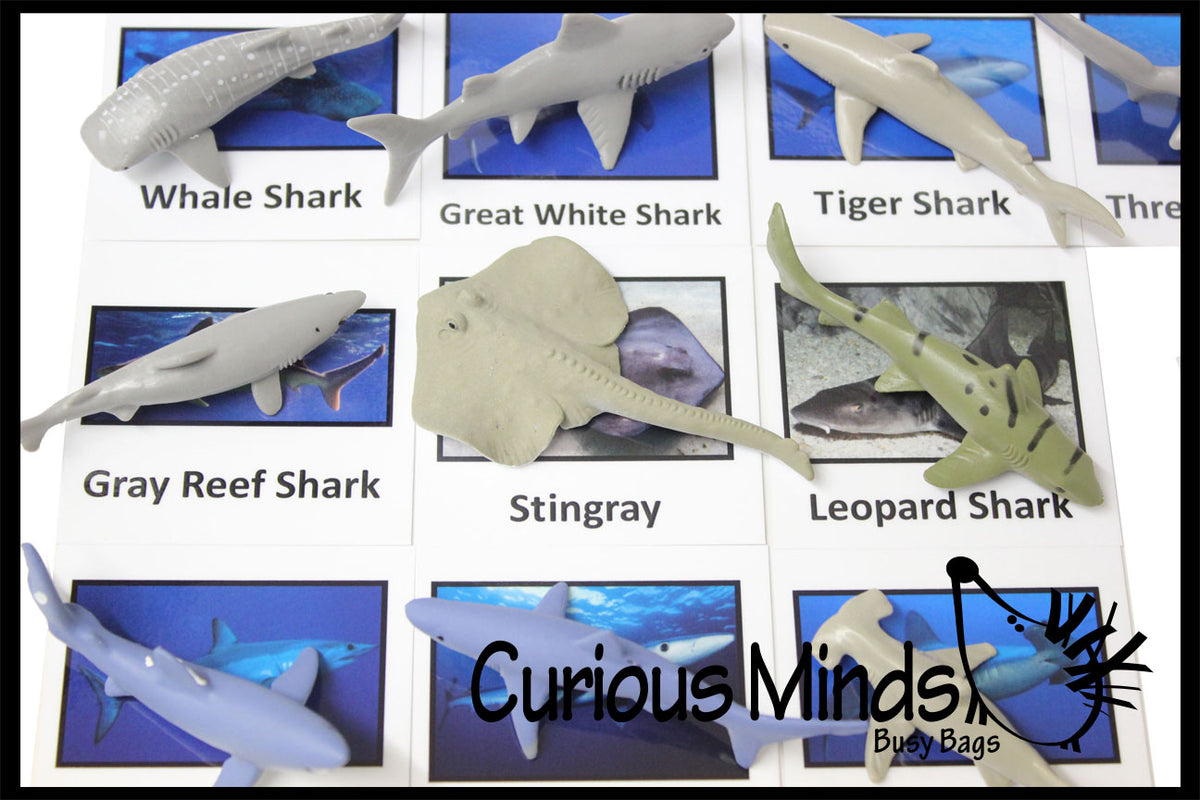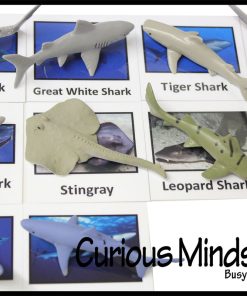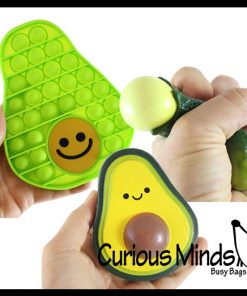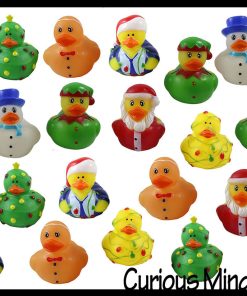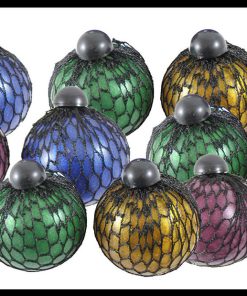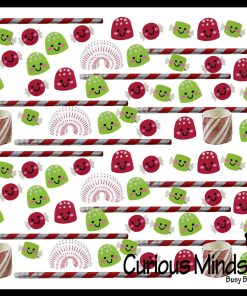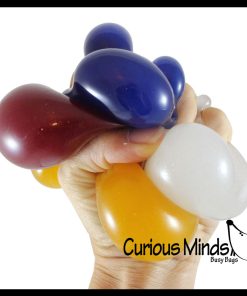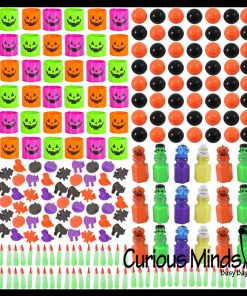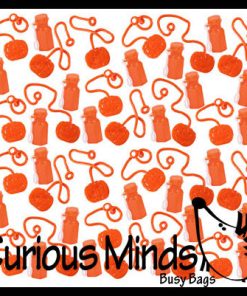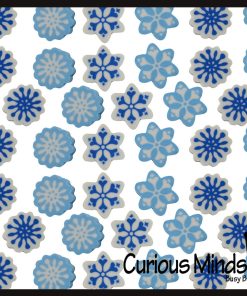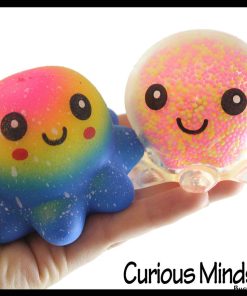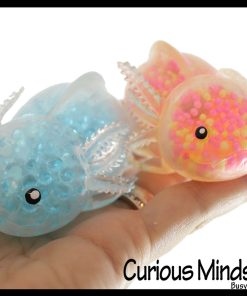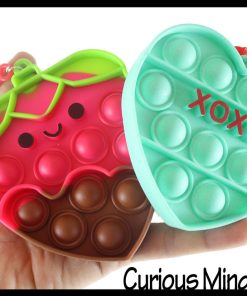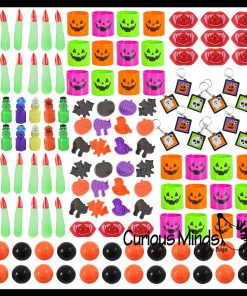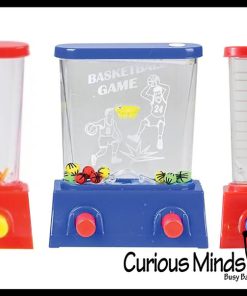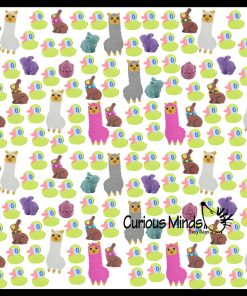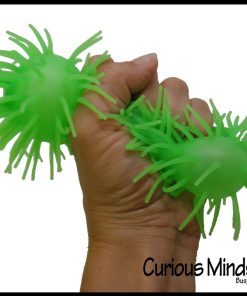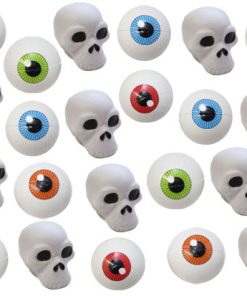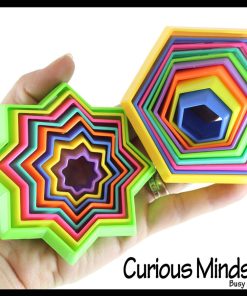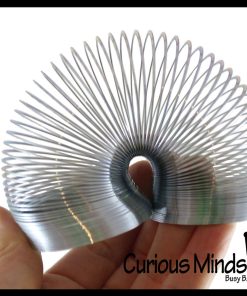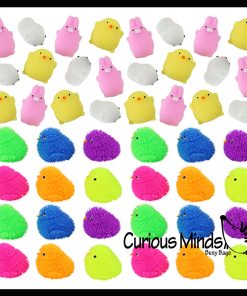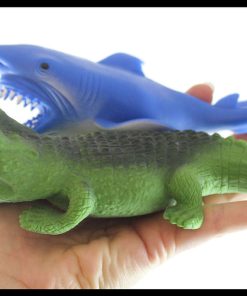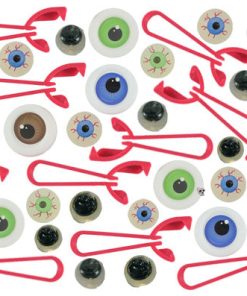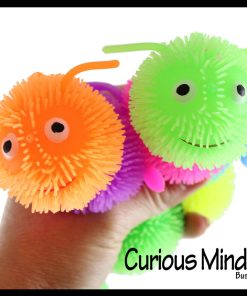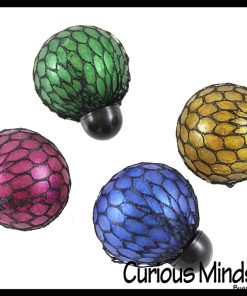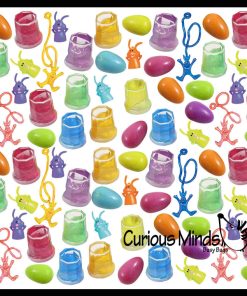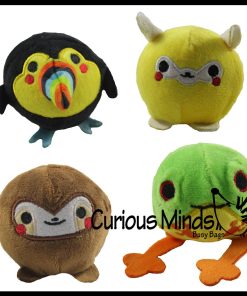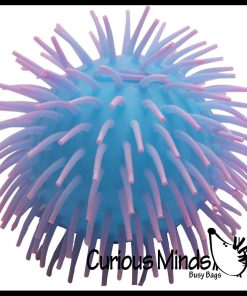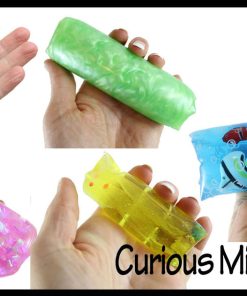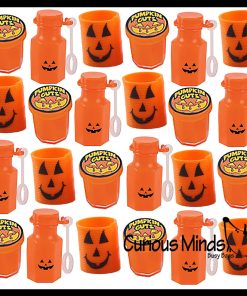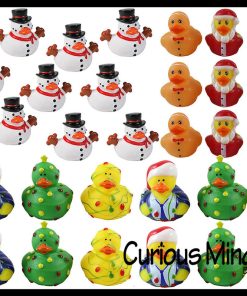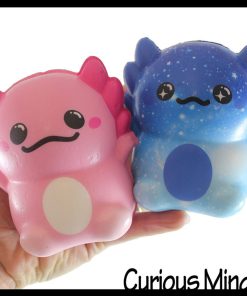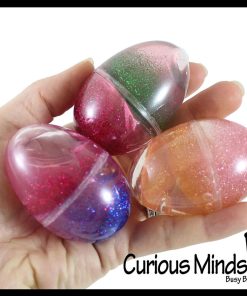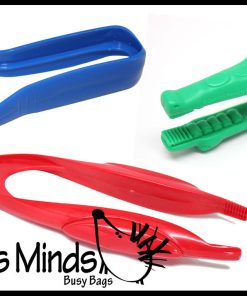Animal Match – SHARK – Miniature Animals with Matching Cards – 2 Part Cards. Montessori learning toy, language materials Curious Minds
$ 33,00 $ 19,80
This Montessori learning activity focuses on matching miniature shark species to their matching realistic photo cards. Children lay out the cards and place the miniature shark replica on the matching picture. This activity is small enough to take with you and can be extended into pretend play with the mini animals.
Species include: Whale Shark, Great White Shark, Tiger Shark, Thresher Shark, Grey Reef Shark, Stingray, Leopard Shark, Hammerhead Shark, Mako Shark, and Blue Shark.
Matching Skill – Visual Discrimination:
This activity focuses on more advanced preschool matching. The objects are not an exact copy of the photo so children need to carefully observe details to match correctly. Children problem solve by looking at distinctive attributes that they can see on both the object and the photo. Usually, they will start by color and eliminate pictures that do not share the same color. They can also look at shapes, patterns, and details. They might ask themselves “which sharks have spots or stripes?” or “which has longer tail fins?” Recognizing these little details helps a child grow their category knowledge and learn new vocabulary!
What is Included:
– 10 miniature plastic Safari LTD shark figurines. (approx 2-3″ long)
– 10 laminated cards professionally printed on 100# cardstock and laminated with 5 mil lamination. The cards are classroom tough. Cards are 2.6″x 2.5″
I have several different animal sets including themes like: safari, North American, rainforest, dinosaurs, insects, farm, pets, polar/arctic and even human organs!
Extensions:
– The photo cards include names of the animals so you can extend the play with researching the species!
– This activity is small enough to take with you and can be extended into pretend play or sensory bins with the mini figurines.
– You can have the children sort and categorize the figurines by like traits on their own.
What they are learning while having fun
– Matching objects to pictures encourages one-to-one correspondence (basic math skill) and visual discrimination.
– Observing and comparing small details to match correctly. Comparing involves identifying similarities and differences among objects
– Children can group the figures by similar traits – this is sorting and classifying!
– Children gain experience with one-dimensional print, and learning to connect real objects to print.
Follow me:
Facebook page at http:///buybusybags
Webpage at http://
Pinterest at http://pinterest/curiousmindsbag/
These bags contain small parts that may not be appropriate for children under the age of 3. Adult supervision is required.
Fast Shipping & Professional Packing
Because of our long-standing partnership with UPS, FedEx, DHL and many other leading global carriers, we can provide various shipping options. Our warehouse staff are expertly trained and will wrap your items according to our exact and precise specifications. Before shipping your items will be thoroughly inspected and secured. We deliver to thousands of clients every day from all over the world. This shows our commitment to be the largest online retailer in the world. Warehouses and distribution centres can be located throughout Europe and the USA.
Note: Orders with more than one item are assigned a particular processing time dependent on the particular item.
Prior to shipment, we check the item thoroughly before sending the items. Most orders are now shipped within 48 hours. The delivery time should be between 3 and 7 working days.
Returns
The stock is constantly changing and cannot be fully controlled by us due to the involvement of several different parties, such as the factory and our warehouse. The actual inventory can fluctuate at any time. It's possible that your order may run out of stocks once you've placed your order.
Our policy lasts for 30 days. We are unable to replace or refund your purchase after 30 days since you purchased it.
The item you purchase must be in the original packaging and be unused. It must also be in the original packaging.
Related products
Uncategorized
216 Piece Easter Egg Eraser Filler Set – Prize Assortment (18 DOZEN) Curious Minds Busy Bags


